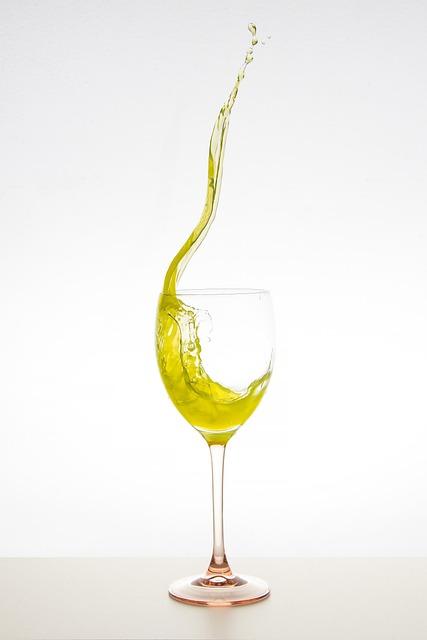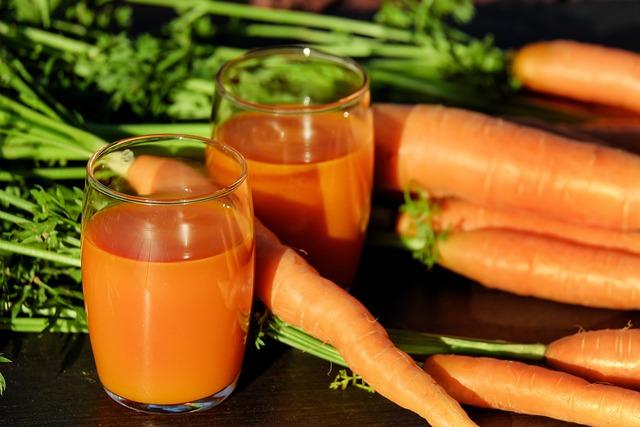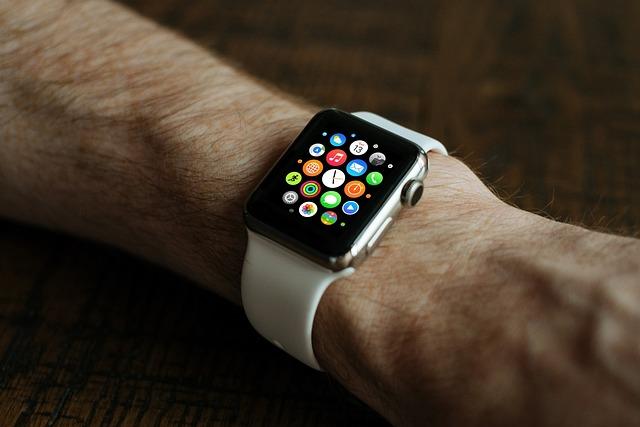In the kaleidoscope of modern wellness trends, juice cleanses have emerged as a colorful, albeit controversial, staple. Promising everything from detoxification to weight loss, these liquid diets have captured the imaginations of health enthusiasts and skeptics alike. Yet, as we swirl our way through the vibrant world of cold-pressed concoctions, a pressing question bubbles to the surface: Are juice cleanses truly necessary, or are they just another fleeting fad in the ever-evolving landscape of health and nutrition? In this exploration, we aim to peel back the layers of this juicy phenomenon, examining its roots, potential benefits, and the science—or lack thereof—behind the cleanse craze. Join us as we sip through the facts, seeking clarity in a glass of green.
Exploring the Origins and Popularity of Juice Cleanses
Juice cleanses have carved a niche in the wellness industry, with roots that can be traced back to ancient traditions of fasting and detoxification. While the concept of using fruits and vegetables for health benefits is not new, the modern juice cleanse has evolved into a structured regimen promising benefits like increased energy and improved digestion. The idea is simple: by consuming only juices for a set period, one gives the digestive system a ‘break’, allowing the body to focus on eliminating toxins.
- Historical Appeal: The practice draws inspiration from ancient healing traditions, including Ayurveda and traditional Chinese medicine, where detoxification is often emphasized.
- Celebrity Endorsements: The popularity surge in recent years can be partly attributed to endorsements by celebrities and influencers, who often share their juice cleanse experiences on social media.
- Health Conscious Trends: With the increasing focus on health and wellness, many people are exploring cleanses as a way to kickstart healthier eating habits.
Despite their popularity, juice cleanses are not without controversy. Critics argue that they may not provide adequate nutrition and that the body’s natural detoxification systems are sufficient. Whether necessary or not, juice cleanses remain a topic of fascination, attracting both avid supporters and skeptical critics alike.
Nutritional Insights: What Science Says About Juice Cleanses
In recent years, juice cleanses have become a popular choice for those seeking a quick health reset. However, scientific research offers a nuanced perspective on their effectiveness and necessity. While juice cleanses can provide a concentrated source of vitamins and minerals, they often lack essential nutrients like protein and healthy fats, which are crucial for maintaining balanced nutrition. Additionally, the high sugar content found in many fruit juices can lead to spikes in blood sugar levels, which may not be suitable for everyone.
Some of the key points science highlights include:
- Temporary Weight Loss: Juice cleanses might lead to short-term weight loss, but this is often due to water loss and reduced calorie intake rather than fat loss.
- Detoxification Myth: The body naturally detoxifies itself through the liver and kidneys. Juice cleanses do not enhance this process.
- Nutrient Deficiencies: Extended cleanses can lead to deficiencies in important nutrients that juices do not provide.
Ultimately, while juice cleanses might offer a temporary sense of rejuvenation, they are not a substitute for a balanced diet. As with any dietary change, it’s essential to consider both the potential benefits and drawbacks, and ideally, consult with a healthcare professional.

The Impact of Juice Cleanses on Your Body: Myths and Realities
Juice cleanses have surged in popularity, often marketed as a quick fix for detoxification and weight loss. However, the reality is that these cleanses might not be as beneficial as they are portrayed. The human body is equipped with a highly efficient system for detoxification, primarily through the liver and kidneys, which work continuously to eliminate toxins. While juice cleanses promise to enhance this process, scientific evidence supporting these claims is scarce. Instead, relying solely on liquid nutrition can lead to nutrient deficiencies and muscle loss, as essential macronutrients like protein and healthy fats are often absent.
- Myth: Juice cleanses are necessary for detoxification.
- Reality: The body naturally detoxifies without the need for cleanses.
- Myth: Juice cleanses aid in sustainable weight loss.
- Reality: Any weight loss is typically temporary and primarily water weight.
It’s crucial to recognize that while incorporating juices into a balanced diet can provide an array of vitamins and minerals, they should not replace whole foods. A more sustainable approach to health involves maintaining a balanced diet rich in fruits, vegetables, lean proteins, and whole grains. Thus, rather than embarking on restrictive juice cleanses, focus on fostering long-term healthy eating habits that support your body’s natural functions.

Smart Alternatives to Juice Cleanses for Detoxification and Wellness
While juice cleanses have surged in popularity, they’re not the only path to achieving detoxification and wellness. There are smart alternatives that offer sustainable and balanced approaches to health without the drastic measures of juice-only diets.
- Incorporate Whole Foods: Embrace a diet rich in fruits, vegetables, whole grains, and lean proteins. This ensures your body gets a variety of nutrients necessary for natural detoxification.
- Stay Hydrated: Drinking plenty of water helps flush out toxins naturally. Herbal teas and infused waters with lemon or mint can add variety and additional benefits.
- Mindful Eating: Pay attention to hunger cues and eat slowly to improve digestion and absorption of nutrients.
- Regular Exercise: Physical activity supports the body’s detox processes and enhances overall well-being.
- Sleep and Rest: Quality sleep allows the body to repair and regenerate, playing a crucial role in maintaining health.
These strategies promote a balanced lifestyle, ensuring your body can detoxify itself naturally without the need for extreme measures.
Final Thoughts
As we sip the final drops of our exploration into the world of juice cleanses, it’s clear that this wellness trend, much like a freshly pressed juice, is a blend of various perspectives. For some, it’s a refreshing reset—a way to momentarily step back and recalibrate. For others, it’s a fleeting fad, offering little more than a temporary change.
the necessity of a juice cleanse hinges on individual goals, preferences, and, most importantly, the whispers of one’s own body. As with any health decision, it’s essential to listen closely to these whispers, to consult the experts, and to tread the path that feels right for you. Whether you choose to embark on a cleanse or find balance through other means, may your journey toward well-being be as nourishing and vibrant as the colors of a freshly blended juice.
And so, as we conclude this discussion, we leave you with a simple reminder: health is not a destination but a journey—one that is uniquely yours to navigate. Cheers to finding what truly invigorates your body and soul.

































